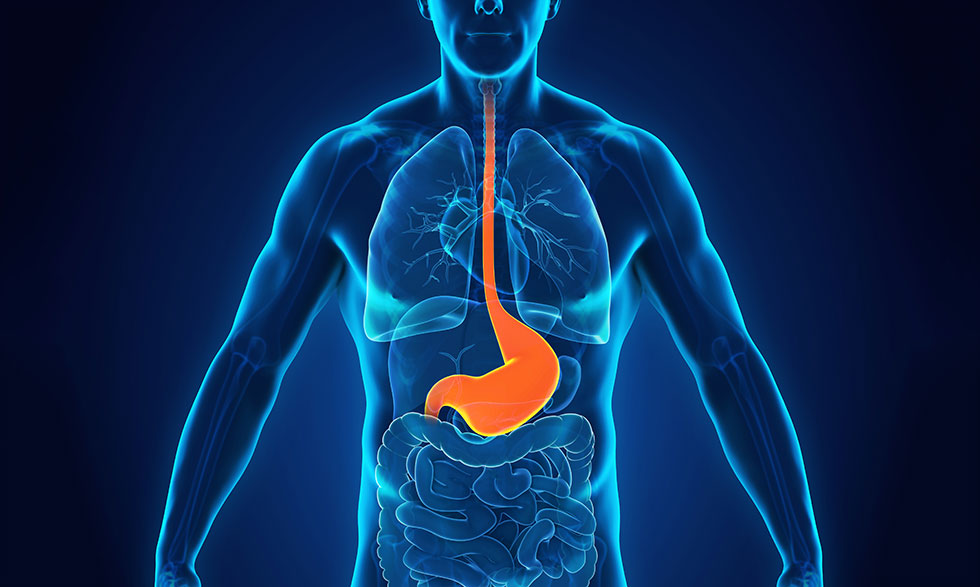You feel something rising in your throat. It burns and tastes acidic. Now you feel it behind your breastbone.
Is it heartburn? Is it GERD? Is it acid reflux? Are they all the same?
We've compiled a simple overview to help you navigate this often tricky area of digestive conditions.
Acid reflux: The cause
Acid reflux is when the contents of your stomach—like food or acids—go in the wrong direction. They travel from your stomach back to your throat through the tube connecting them, your esophagus.
When you have acid reflux, you may taste food or stomach acid in the back of your mouth. This can be uncomfortable and make you feel sick. Acid reflux is also referred to as GER (gastroesophageal reflux).
Heartburn: The symptom
Acid reflux causes heartburn, which is a burning feeling behind your breastbone, in your neck, or in your throat. This feeling is often worse after eating, in the evening, or when lying down or bending over. Being pregnant or overweight can make heartburn more likely.
GERD: The more serious cause
GERD stands for gastroesophageal reflux disease (GERD).
Like its name suggests, GERD is a more serious version of acid reflux. They can both cause heartburn. Often people who experience heartburn more than twice a week have GERD.
GERD happens when the closure in your lower esophagus—which is near your stomach—becomes weak or relaxes when it should not. Symptoms include heartburn, regurgitation, chest pain, dry cough, shortness of breath, or trouble swallowing.
Treating GERD may require prescription medications. Occasionally, surgery or other procedures may be necessary.
If you suspect you have GERD, make sure to see your provider or a gastroenterologist, a doctor who focuses on the digestive system. This can help prevent future damage to your esophagus, or cancer.







